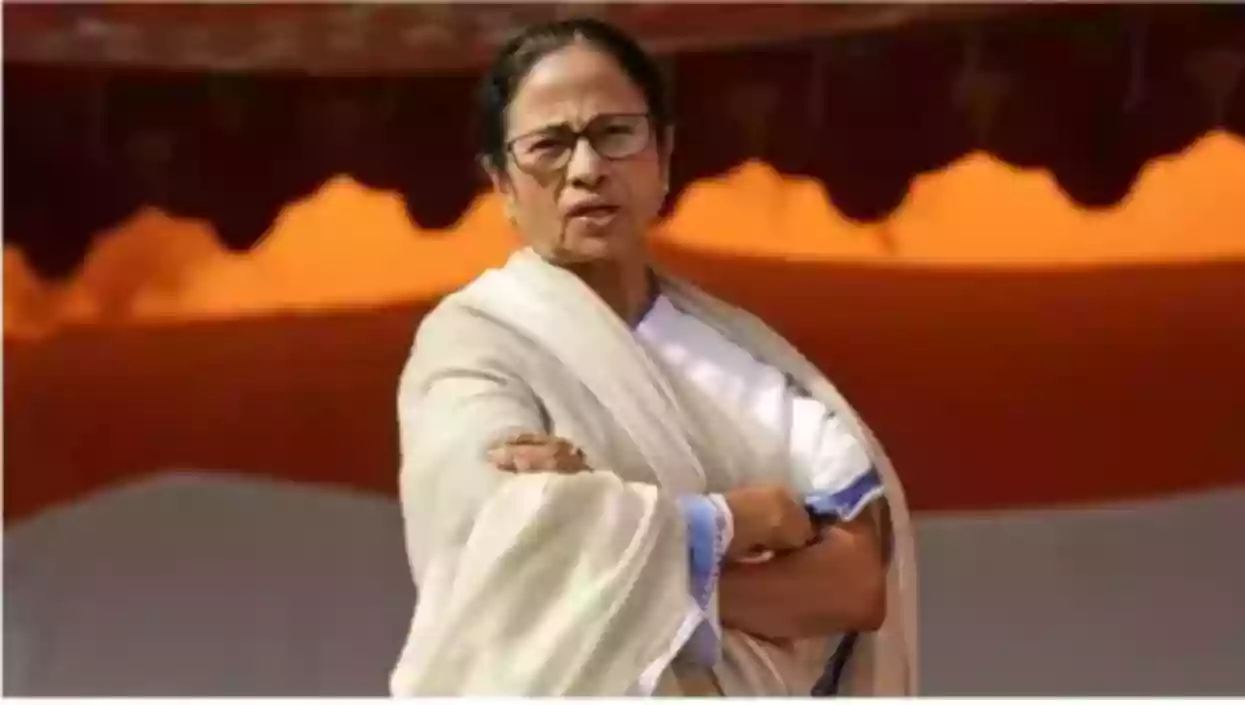.gif)
.gif)

In a major legal development, the Supreme Court of India has issued a contempt notice to West Bengal Chief Minister Mamata Banerjee for her remarks challenging the apex court's verdict on the controversial School Service Commission (SSC) recruitment scam. The notice comes after Banerjee publicly opposed the cancellation of thousands of illegal teacher appointments made in 2016.
The Supreme Court had recently upheld the Calcutta High Court’s decision to terminate the appointments of 25,752 teachers recruited through the West Bengal School Service Commission. The verdict came after years of legal battles and mounting evidence suggesting large-scale irregularities in the recruitment process.
Defying the ruling, Mamata Banerjee addressed a gathering of terminated teachers at Netaji Indoor Stadium in Kolkata. Expressing solidarity, she stated, “Don’t think we have accepted this decision. I am not stone-hearted. I can even be jailed for this, but I am ready.” Her statement, seen as an open defiance of the judiciary, triggered strong political and legal reactions.
BJP West Bengal President Sukanta Majumdar welcomed the contempt notice, saying, “No one is above the Constitution—not even a Chief Minister. Mamata Banerjee's comments were not just irresponsible but also a direct attack on the rule of law.” He added that this action is a necessary step to uphold justice for deserving candidates affected by the scam.
Banerjee had earlier described the Supreme Court’s decision as part of a “conspiracy to destroy Bengal’s education system,” further fueling the controversy. Her statements have drawn criticism not just from the BJP but also from legal experts who argue that elected representatives must maintain decorum while responding to judicial decisions.
The contempt proceedings now put Mamata Banerjee in a tight political and legal spot. While her supporters see her stand as empathetic and people-centric, critics accuse her of undermining the judiciary to protect a flawed recruitment system. The case is expected to be heard soon, and the outcome could set a precedent for how far public figures can go in questioning the judiciary.